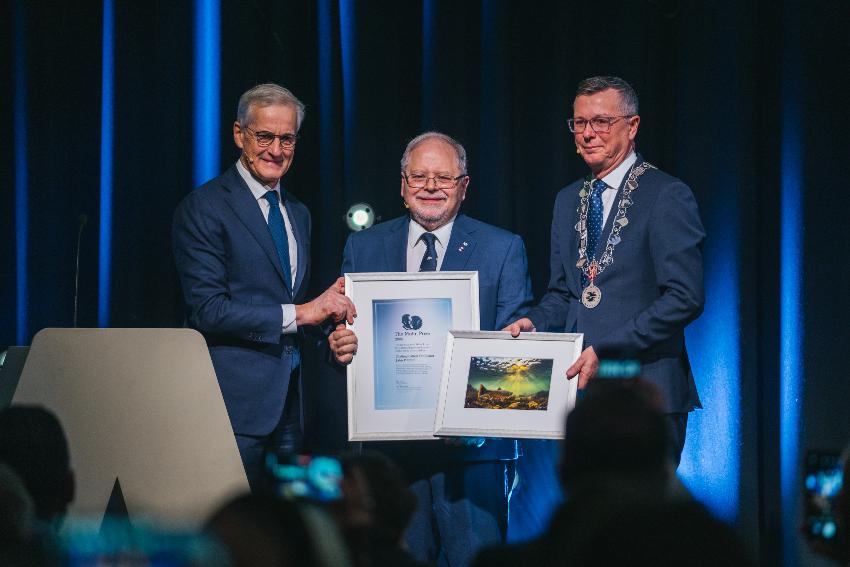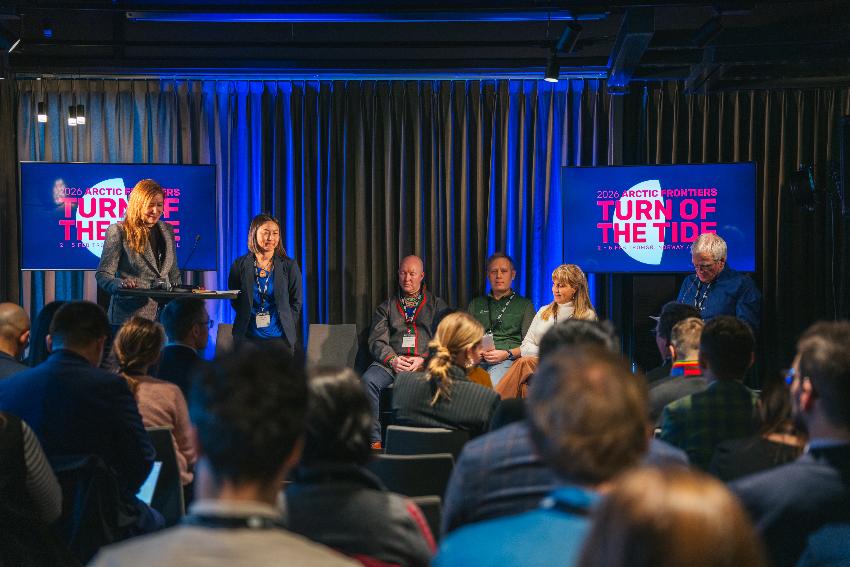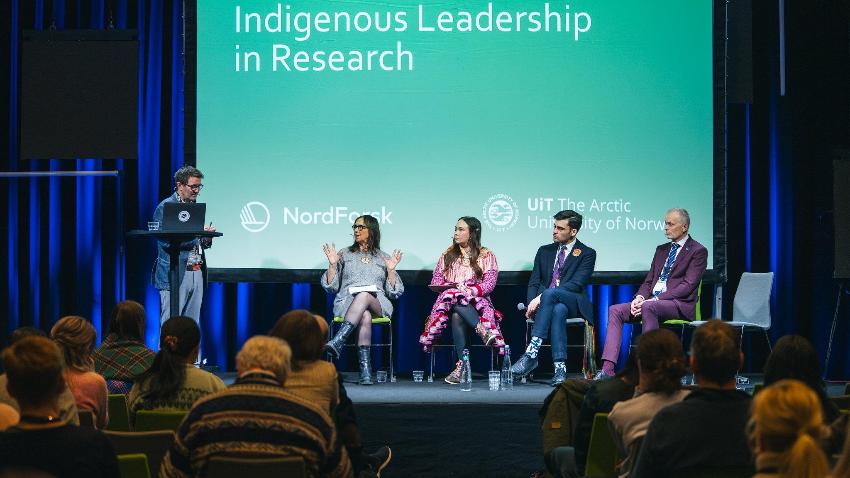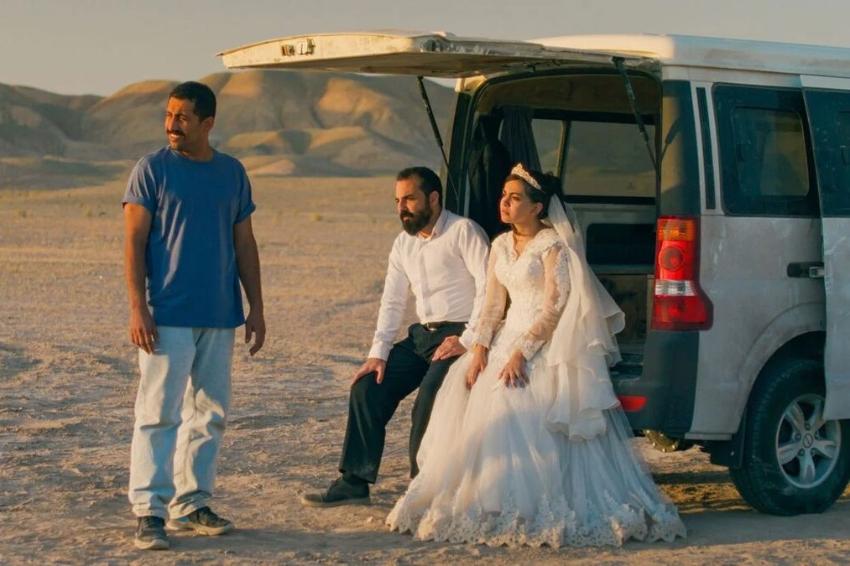Indigenous peoples in the Arctic: Real influence or just on paper?
Margherita Poto, researcher at Jebsen Centre for the Law of the Sea at UiT, is the organizer of an event on governance for the conservation of the Arctic Ecosystem, at the the big international conference Artic Frontiers in Tromsø 22.-27. January . One of the questions she asks is how much influence the Arctic indigenous peoples actually have. Is it real or just on paper?
Not decision makers
A special focus is on the Arctic Council* and the role indigenous peoples have there today.
The Arctic Indigenous peoples’ representatives are permanent participants in the Arctic Council, but they are not decision makers:
– It is the council’s eight member nations who make the decisions, Poto says.
– And will the governments in the Arctic council’s member states actually cooperate with their indigenous groups? Poto asks.
– There is a risk that these groups have influence just on paper, Poto means.
Main focus: Sami people
In her resarch project, Poto will mainly focus on Sami living in Norway, but if she comes across some virtuous examples of participation among other indigenous groups, she will study them in a comparative perspective.
What is good governance?
The Expert meeting she organizes also offers an overview of the good governance tools applied to the Arctic.
– First, we will ask the question “What is good governance?” What principles, what kind of participation from different groups, which requirements for transparency should there be, explains Margherita Poto.
If you participate at the Arctic Frontiers conference, you will have the possibility to learn more about this, on Thursday.
*The Arctic Council: A backgrounder- The Arctic Council is the leading intergovernmental forum promoting cooperation, coordination and interaction among the Arctic States, Arctic indigenous communities and other Arctic inhabitants on common Arctic issues, in particular on issues of sustainable development and environmental protection in the Arctic. - The Ottawa Declaration lists the following countries as Members of the Arctic Council: Canada, the Kingdom of Denmark, Finland, Iceland, Norway, the Russian Federation, Sweden and the United States. - In addition, six organizations representing Arctic indigenous peoples have status as Permanent Participants. They include: the Aleut International Association, the Arctic Athabaskan Council, Gwich’in Council International, the Inuit Circumpolar Council, Russian Association of Indigenous Peoples of the North and the Saami Council.
Source: Arctic-council.org
|



